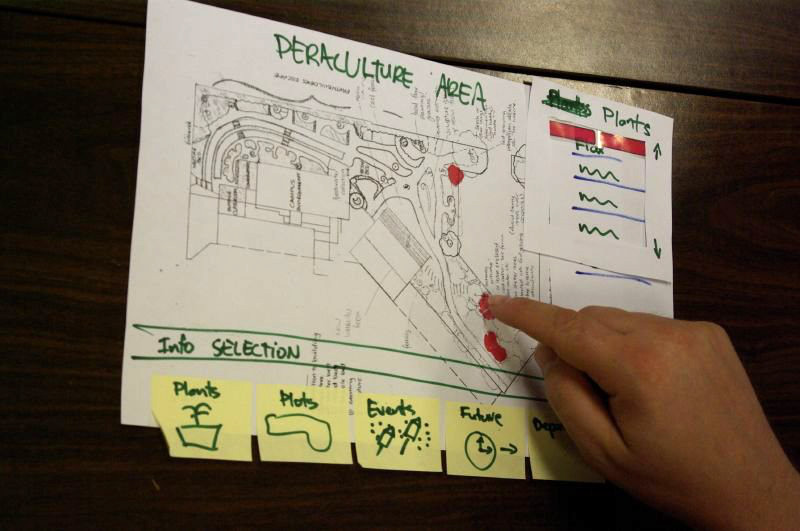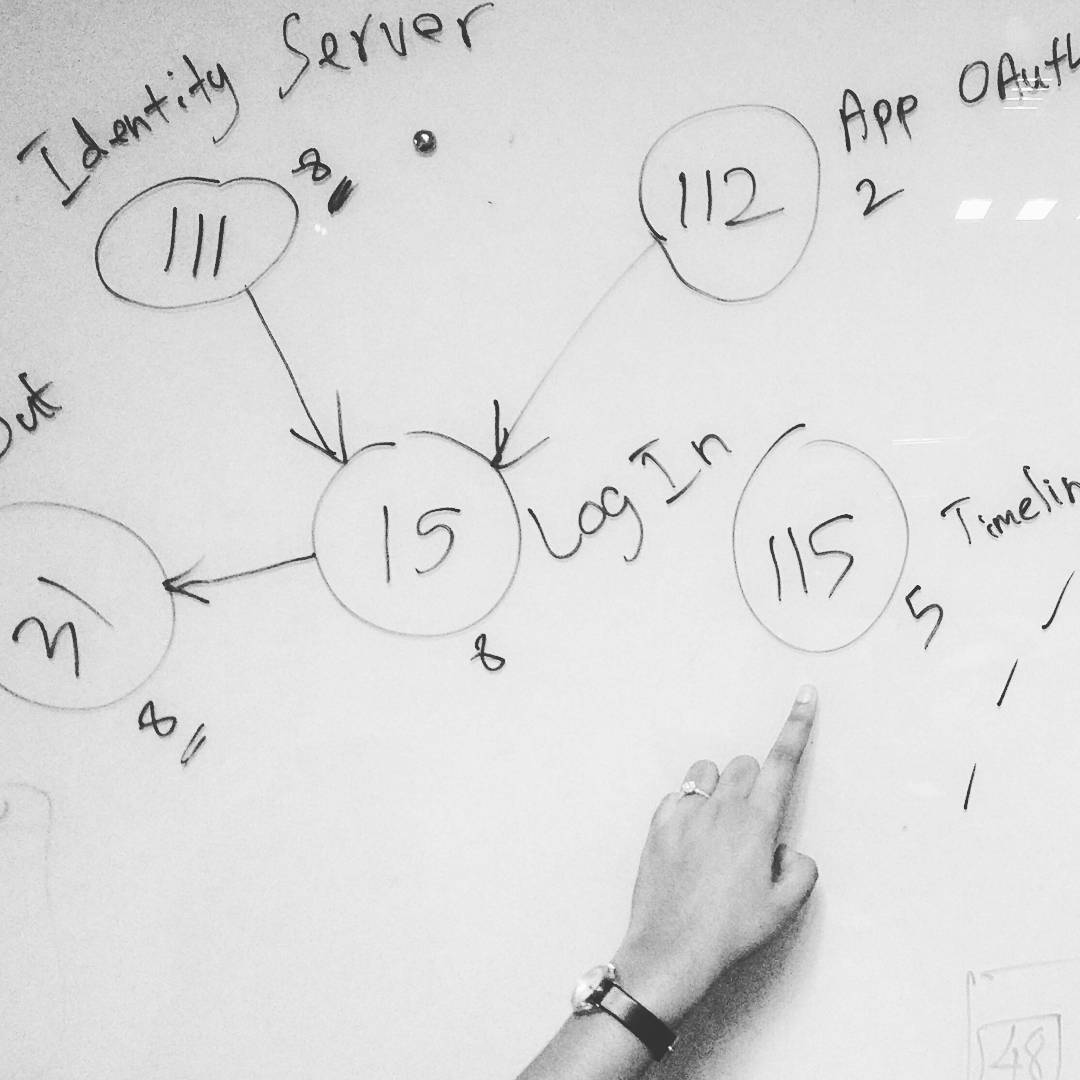As some of you might know, I started my career as the first developer at a startup, way back in 2012. It was a challenging but rewarding experience, and I got to learn a lot and explore the full breadth of the software stack. The following are some learnings that I wish I could tell my younger self.
Prototype like your life depends on it
“I know you guys are restless to get started, but before you write a single line of code — Make a prototype and run it by your client”
I heard this line from one of the co-founders of a very successful software services company. In a startup, the client might be your founder who’s sitting in the desk in front of you, but code is costly to work and rework. Always prototype, at least on paper. It’ll help everyone visualise what they’re building, and see issues and limitations before you even start on the implementation.

Image by Samuel Mann
Write a spec, and check it twice
Software is all about the spec. It defines the scope and the tests that need to pass to mark the work as done. A spec might be as simple as a user story followed by some acceptance criteria in the Gherkin format, but it’s very important for estimations, avoiding the dreaded scope creep, and writing high quality code.
A sample spec:
As a logged in user,
I want to access the Account page,
so that I can see my Account Settings
Acceptance criteria:
Feature: Access account settings page
Scenario: Janith accesses the account settings page
Given I am logged in as "janith@startup.lk",
And I am in the home page
When I click on "Account" on the top menu,
Then I am navigated to the "Account" page,
And I can see my Account Settings.
Remember, you will most probably be your own QA, so write a solid automated test suite that covers these conditions.
Timebox, timebox, timebox
You probably won’t have a Project Manager, nor will anyone really care about Agile or sprints. The constant mantra will be “just get it shipped”. This is damaging in two aspects: a team without a welldefined end goal and a timeframe to achieve it in will drift and probably get demotivated, and you will not be able to set up a good measure of how much work your team is able to tackle in a given period of time--which will make it really difficult to draw up a project timeline.

Avoid this trap. Set up 1 or 2 week sprints, take up only stories that the team is confident they can achieve in that timebox, and have a retro at the end of each sprint to discuss what went well, what failed, and how the team can improve. Try your best to ship production code at the end of every sprint. It will give the team a sense of achievement, and that which is most valuable: customer feedback.
Know when to use Frameworks and Libraries
-
There are some terrible frameworks.
-
Often, code you write from the ground-up for a specific purpose will be faster and more performant.
Both of the points above a valid, and I avoided using PHP and frontend Javascript frameworks for the longest time. This cost us a lot in terms of delivery speed and maintainability, and especially made onboarding new developers hell. I still wonder how things would’ve turned out had I used — say, Laravel or Python with Flask, or KnockoutJS from the earliest days. We probably would’ve shipped a lot more features, and at much higher quality.
Read up, seek support
Look, when it’s a tiny startup and it’s just two junior devs fighting fires every day, you will miss out on a lot. You won’t have leads who will guide you on best practices and design patterns, or architects who explain why TDD is awesome, and why you should read Clean Code by Robert C. Martin.
It will be up to you to reach out: follow your favourite library authors on Twitter, subscribe to a few good tech blogs on Medium and turn on the “Daily Digest” email. Participate in the community and tech meet ups, and try to reach out to batch mates or seniors working in bigger companies for advice and tips. There are so many people willing to help if only you’d ask.

So yeah. Those are a few things I learned the hard way, and I wouldn’t trade it for the world. I hope you find it useful.